Understanding reservations – A study of Majhipara tribes

Lagnajita is a final year graduate student, pursuing Political Science (Hons.) from St. Xavier's College(Autonomous), Kolkata. In her spare times, she enjoys reading novels and playing badminton.
[responsivevoice_button voice=”US English Female” buttontext=”Read out this Theel for me”]
Indian Constitution is not only the most lengthy and intricately designed Constitution in the world. Instead, it is also the most exhaustive one, which attempts to cater to the interests of all the sections of our society. Most importantly, it tried to ensure that special care and attention is provided to the historically marginalised communities, particularly the Scheduled Tribes (ST). The framers of the Indian Constitution in the post-independence era endeavoured towards creating a level playing field for all especially for the Scheduled Tribes who were being subjected to the localised exploitation by the upper castes since time immemorial. In this regard, they took an additional safeguard besides the other provisions of the Constitution. This safeguard is the policy of ‘Reservation’ (Affirmative Action) to ensure equitable representation of the Scheduled Tribes along with the Scheduled Castes in the educational, employment, administrative as well as in the statutory bodies.
Several studies are being done on the Scheduled Tribes of India especially pertaining to their Education-Literacy Rate, the Linguistic and the Cultural distinctiveness, the Governance System and also the Representation in the various spheres. This has marked a significant departure from the relative apathy among the scholars in the past to explore them mainly due to the difficulties in the communication and comprehension, possibly due to linguistic-cultural hurdles, amongst other reasons.
Notably, the Scheduled Tribes of West Bengal have received scant attention and meagre importance from the researchers. They are yet to be substantially rediscovered. Fortunately, I got an opportunity to closely discern and analyse the condition of the Tribes of ‘Majhipara’ who are exclusively Santhals and, reside within Dignagar Gram Panchayat in the district of Burdwan, West Bengal, as Dignagar is my native village. This article is based on a Case Study conducted by me, and I have personally interacted with the people of the community. I have been able to interview approximately 50 people among them 25 are parents working as the agricultural labourers and seasonal migrant workers, and 25 are students of different levels, and they constitute the sample of my study representative of the inhabitants of the region.
Economic Condition and Livelihood
The Santhals of the concerned area live in abysmal poverty and confront the obvious challenge to secure the bare necessities of life because the majority of them work as the agricultural labourers and seasonal migrant workers. They could hardly get work for just one month in a year in the village due to the insufficiency of the rainfall and the irrigation water which is being provided in every alternative year to meet the requirements of the other villages as well. They confessed that during the times of the harvesting( Mid April to Mid May and December) their income per labourer remains just [ 10 days of work x ( 150 rupees + 2 kilogram Rice)] which is absolutely insufficient to sustain their lives, livelihood and their family. As a result of which, they migrate from one destination to another in search of the works barring the times of the harvesting.
The Plight of Education
Despite this prevailing scenario, parents do realise the importance of education. They support and encourage their children to pursue education to the extent possible. They hope and intend that their children would get employed, which would ultimately help them to depend less on agriculture unlike themselves because their profession is predominantly marked by uncertainty. On the other hand, the children who are mostly the students of the local primary and the higher secondary Bengali medium schools (there is no alternative option available) have reaffirmed the indispensability of the education. Shutopa Hasda*, who is an examinee of 2020 Madhyamik told that education is not only a means to attain financial stability, but it is also about getting social respect. Nevertheless, the tribal students receive exiguous assistance, attention and the impetus from the teachers in the schools and they are naturally deprived of Quality Education.
Apart from that, there is no privilege in the local schools for the Santhal students to study in their mother tongue ‘Alchiki’. But, if ‘Alchiki’ is made the language of the instruction, they would automatically get an incentive and more enthusiasm. Although, that must not be the condition in the schools because Article 21A and Article 350A respectively deal with the right of each and every child of the age of 6 to 14 years to the free-compulsory and the quality education, a sacrosanct part of the Fundamental Rights of the Indian Constitution. Also, the directive has been issued to the State Governments to extend adequate infrastructure so that the students belonging to the linguistic minority groups get a chance to be educated in their mother tongue. As far as I gathered during the survey, the situation indicates that there is a lack of holistic approach being taken up for the convenience of the students either by the Central Government or by the State Government regarding the various beneficial schemes. The eventual outcome of this negligence is that the students are dropping out of schools because they are not being able to improve their academic performances which are being followed by their irregularity in the school. This problem is accompanied by the lack of proper guidance from their parents and the compulsion to utilise their labour in the fields to augment their family earnings.
Instrumentality of Caste Certificates in reservations for tribes
Most of the students do not have access to the Caste Certificates because firstly, and most importantly, they are unaware of their Constitutional Identity as the Scheduled Tribes(ST). Secondly, the monopoly of the local administrators in issuing the Caste Certificates is rampant. Consequently, the students of these tribes are deprived of the various amenities attached with the provision of the ‘Reservation’ which introduced the Quota System (2005) more precisely in the schools, colleges, universities or the private educational institutions whether aided or unaided by the state. Only the minority educational institutions are exempted under Article 15(4) and (5) of the Fundamental Rights of the Indian Constitution. Thus, the Santhal students are being enrolled in the schools as the General students, naturally remain oblivious of the various opportunities which they are entitled to get as the ST students.
I have been able to talk with most of the students and among them Shutopa Hasda* and Ambika Hasda* both are the aspirants of 2020 Madhyamik. Aditi Mohuli* is an examinee of 2020 Higher Secondary Examination(HS). Shonali Hembrom* and Lolita Kisku* both of them are the only college students of ‘Majhipara’ graduating from Gushkara College, under the University of Burdwan who have Caste Certificates. And Manosh Hembrom* who is also a student of the current year’s Higher Secondary Examination had applied for the Caste Certificate in 2014 but still has not got the Certificate. Bijaya Tudu*, who appeared for 2020 Madhyamik is physically challenged and does not have the Caste Certificate or the Differently Abled Certificate either. So, those who have access to the Caste Certificates are getting various facilities. On the contrary, other fellow students who do not bear the Caste or tribe Certificates are getting the least benefits of reservation.
Need for Awareness of reservations among tribes
The prominent reason for this unawareness pertaining to ‘Reservation’ among the tribes is that they are financially downtrodden. Hence they are more concerned about their basic daily requirements of bare survival rather than the Constitutional Entitlements.
In conclusion, I would like to draw attention to the fact that it is imperative that we accentuate the need for more Constitutional awareness among the Scheduled Tribes especially regarding the benefit of the ‘Reservation’ to make it tangible and more accessible to the neediest rather than exclusive in nature. My study reveals that merely focussing on the misappropriation of the Reservation policy by the better-off sections within the Scheduled Tribes would not bring any effective impact for the lower echelons who are in urgent need of it.
*The names of the interviewees have been changed for the sake of privacy.
*The scope of the study is limited and doesn’t intend to make sweeping generalisations.
Featured Image Credits: Wikimedia


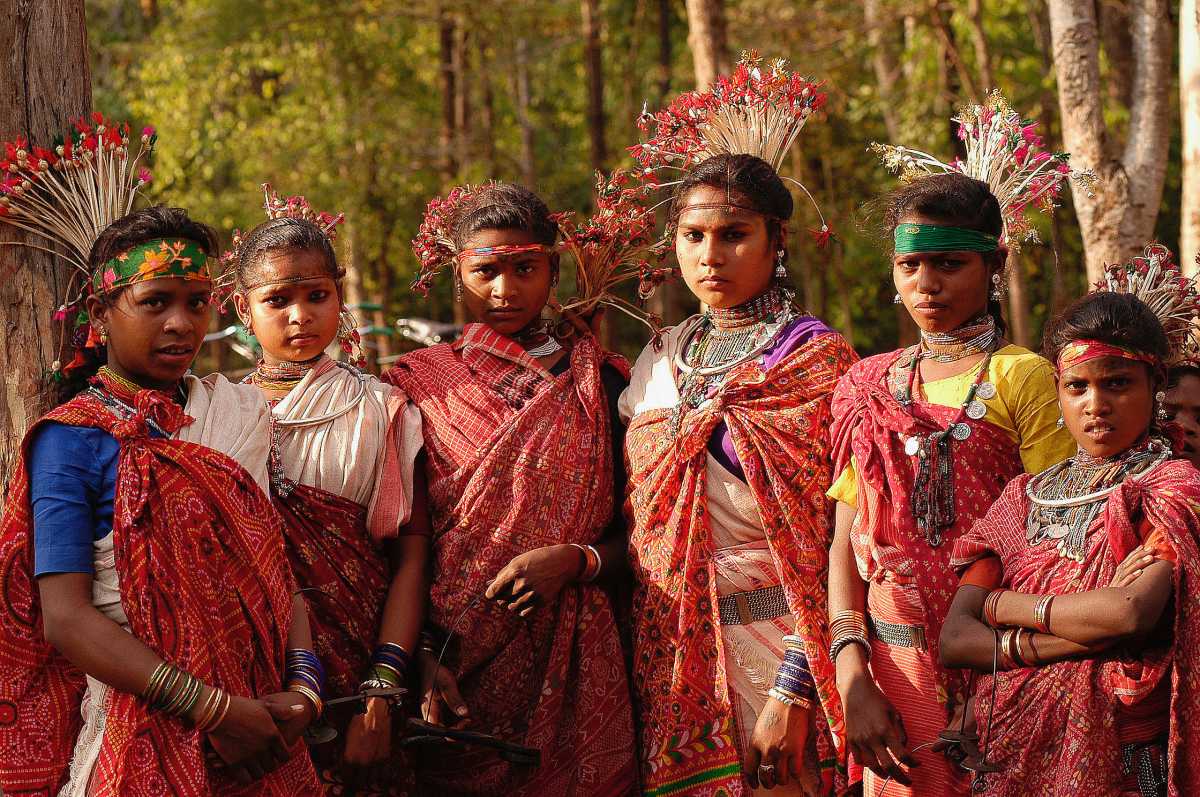
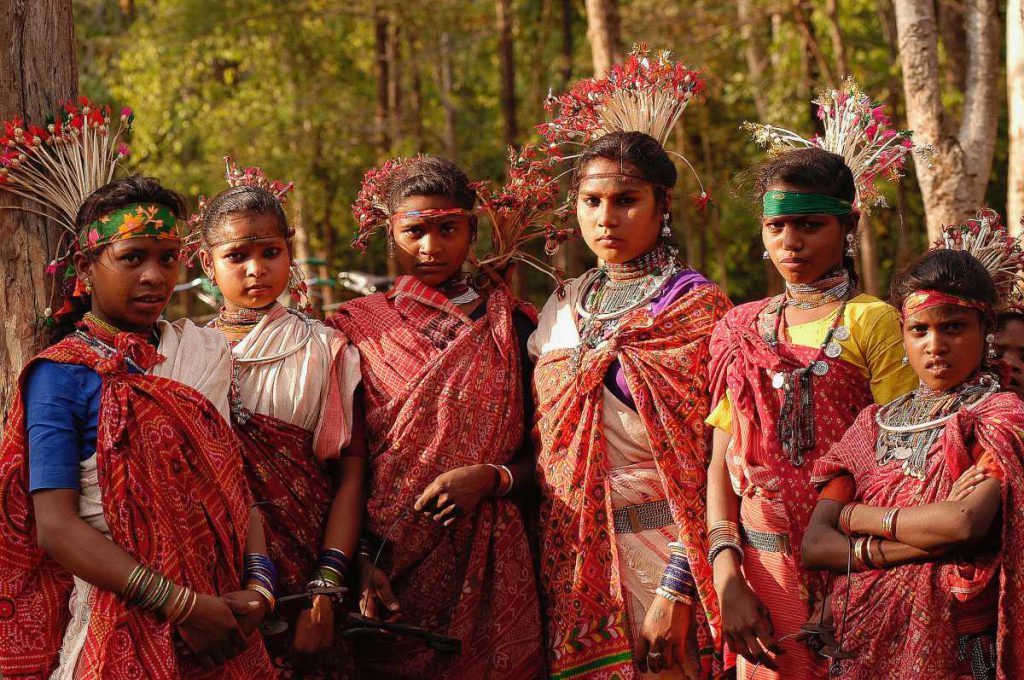

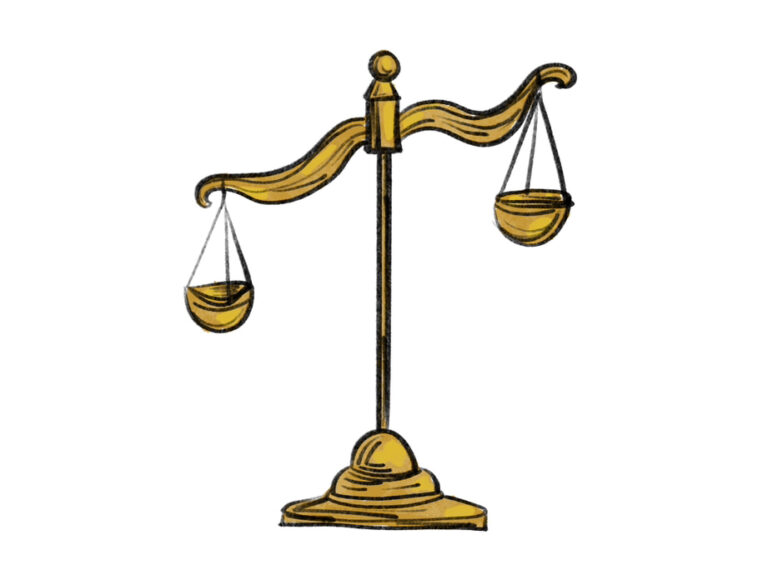
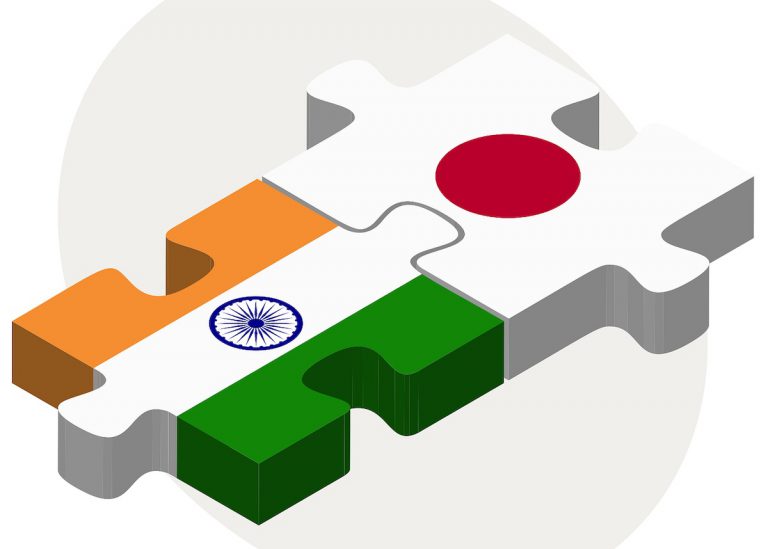


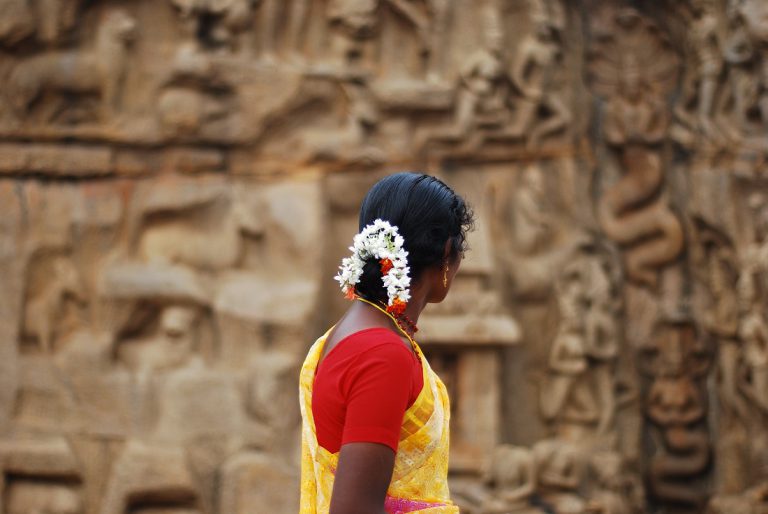
A very well written article indeed !
BUT
My contention is against the second and third generation benefactors of the reservation policy repeatedly being considered underprivileged when they have actually already moved from the “margin” to the “centre”.
No one deny the basic fact that the stinking rich, rolling in wealth, highly privileged sections of the society (irrespective of caste) dont need any reservation at all….the marginalized must be brought into the mainstream . Hope this oppression comes to an end as soon as possible!
May the spirit and ideas of Baba Saheb Ambedkar keep inspiring us!
A leader who opened up new horizons for India! A champion of liberty, equality and fraternity!
The more you read Ambedkar, the more you get an insight into how the 21st century has misunderstood (or rather misused ) his egalitarian ideas!
Back then, when the Brahminical order had marginalized many on the basis of caste, he talked about the ” Annihilation of Caste ” on the concept of Equality! “Misreading” him means that people start imagining and manipulating that he was raising voice against some particular caste …..
……”Understanding” Ambedkar’s spirit means that he was not against any caste, rather he was against “marginalization” itself….he was against the “privileged” who were mainstream only because of being born in a particular caste. How could birth in a particular caste give you special privileges?….this was the radical question he raised in independent India.
He dedicated his life to the cause of equality, and ironically his ideas are being used to destroy his own spirit!
“To make the rich richer, and the poor poorer, is not the way to abolish poverty”, Ambedkar had said….aren’t we doing the same by our policies???
Ambedkar strongly believed that the govt. should frame its policies for the benefit of the marginalized, and not at all for those who are already in the mainstream.
My contention is against the second and third generation benefactors of the reservation policy repeatedly being considered underprivileged when they have actually already moved from the “margin” to the “centre”.
Ambedkar had roared like a lion when he probably saw the future:
“If I find the constitution being misused, I shall be the first to burn it.”
I’m sure he would have been disgusted to see how his spirit of equality would totaly be crushed in the decades to come! The rich and privileged who have moved from the “margin” to the “centre” three to four generations back are still considered “underprivileged”.
Yes, I’m talking about the “creamy layer” (the declared and undeclared both…cutting across all reserved categories), the extremely affluent , who dont need it anymore! Why would the kids of people owning acres and acres of land, moving about in posh cars and carrying the latest i phones need reservation in exams???? This seems to me an archetypal paradox which would even confuse the omniscient God !!!!!
If Ambedkar would have been present today to see how his ideas have been distorted he would have as he himself said ” burnt the constitition”.
I urge my fellow country women/ men to rethink on this issue, and to get a “creamy layer” marked for this affluent, privileged class. Yes, a creamy layer does exist, but its a “creamy layer” only in name. The “creamy layer” should be extended to all categories………..
……. Nothing less than this would be fair to posterity. In fact , in its present state, reservation is being granted to the already extremely privileged.
In spirit, the Reservation policy has become just the opposite of what Dr.Ambedkar had visualized it to be.
Being a citizen of India, I love my country and feel a strong urge deep within my conscience to raise voice against this inequality. Therefore, friends please join hands with me to persuade all the people of this country to rethink and persuade the Government to create a creamy layer across all categories, and then deprive this privileged class from reservation in jobs etc.. In this way , we would be able to abide by the socialistic pattern of our constitution…..Or else , the centres of power and privilege will keep on changing , and the poor , marginalized will always be relegated to the margins of the cultural fabric! I’m sorry to say that we have also been caught in this vicious circle where the “centres” and “margins” keep changing with time. The “oppressors”and the “oppressed” keep exchanging roles!
I bow down in deep reverence to this great architect of modern India ….whose spirit and ideas will take us from darkness towards light!